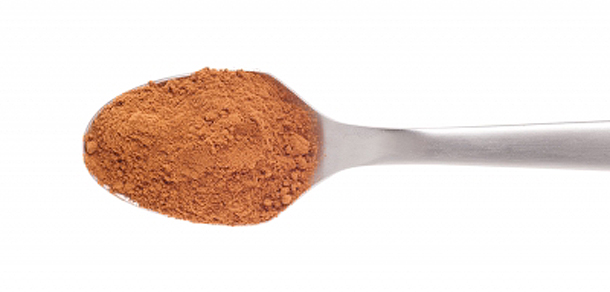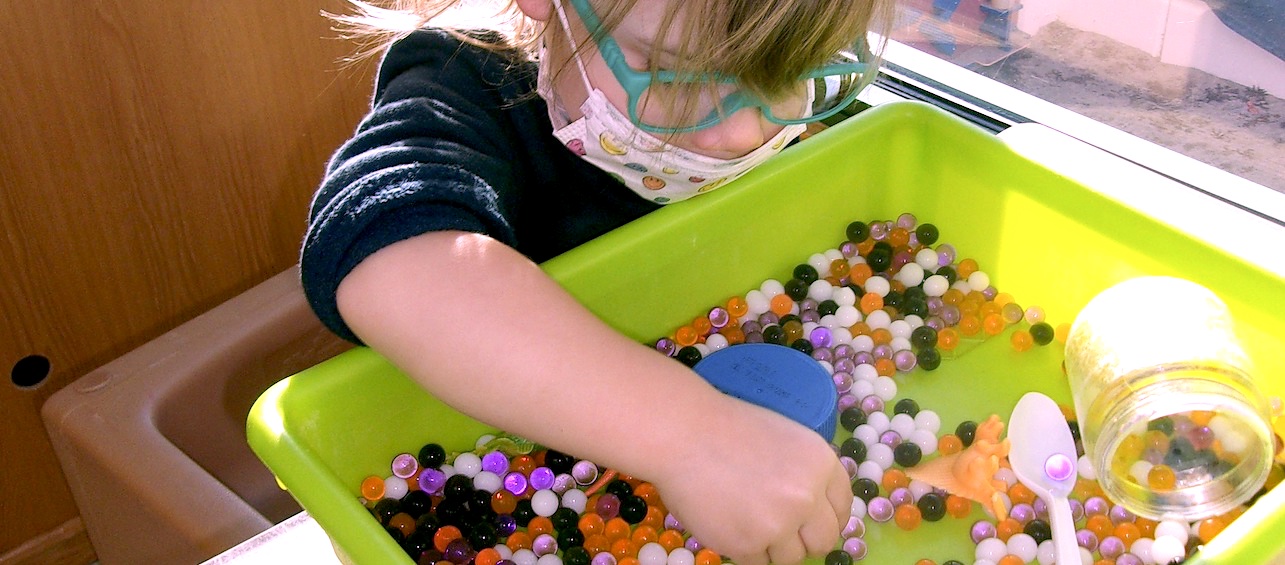By now you’ve probably heard of the so-called cinnamon challenge. It’s been around for a long time, but has grown in popularity due to videos posted on YouTube. And while it may seem fairly innocent, it has the potential to be quite dangerous.
The challenge – swallowing an entire tablespoon of cinnamon in 60 seconds without water – is not as easy as it sounds. In fact, it’s nearly impossible. The cinnamon blocks the glands that produce saliva, drying the mouth and evoking the participant to intensely cough, choke, and sometimes vomit. Even more concerning is the risk to the lungs when the cinnamon is inhaled. Cinnamon contains cellulose fibers that cannot be absorbed by the lungs, causing inflammation or worse, pneumonia. There have even been some cases of collapsed lungs as a result of attempting the challenge. At the Drug and Poison Information Center (DPIC) at Cincinnati Children’s, we have received 15 calls related to the cinnamon challenge, 11 of these occurring in 2012. While that number doesn’t seem like a lot, it’s an indication that the challenge is continuing to happen.
Underscoring the dangers, the American Academy of Pediatrics recently published an article detailing the challenge’s harmful effects.
Teens are the most likely age group to participate in this challenge. Cases reported to the Drug and Poison Information Center at Cincinnati Children’s included participants ranging in age from 12 years to 37 years old, with the majority of cases involving teenagers. While everyone of all ages should ‘just say no’ to the challenge, people with asthma or other respiratory illnesses should especially steer clear, as it can trigger an asthma attack and cause shortness of breath. Asthmatics have a more reactive airway and are at greater risk for developing more serious respiratory problems.
So what should you do? Talk to your kids and teens about the harmful consequences of the cinnamon challenge. Let them know that while it seems like a simple, innocent challenge, it is not. Listening to your child and keeping the lines of communication open can go a long way in helping to combat peer pressures.
If your teen is around someone else that participates in the challenge, teach him or her to keep a watchful eye on the participant. If the participant has any symptoms, call your local poison center at 1-800-222-1222. An expert will answer questions and can walk them through the appropriate treatment. If the participant has severe symptoms, such as trouble breathing or collapses, dial 911 right away.
*** Photo provided by www.freedigitalphotos.net






Thanks for publishing this article – this is great information!